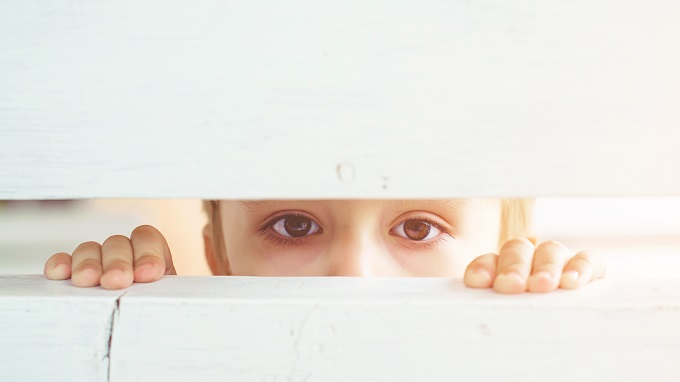
Reports vary on what happened during the lockdown, with some schools praising the procedures they set up following the 2011 earthquake. Others said they generated fear, with worried parents clamouring at school gates, young students hiding face down underneath desks and social media allowing students to watch violent footage of the shooting on their phones during lockdown.
The attack has had a huge impact on schools across the country, though the impact on Christchurch differs to the rest of New Zealand according to University of Auckland Associate Professor Carol Mutch. “Although some children are still traumatised, especially after the lockdown, Christchurch schools are managing to cope.” One school principal confirmed that even two months post-attack, “children are still traumatised” but the city has learned from the earthquake and has better mental health support in schools to help them cope.
Professor Mutch said: “I don’t want people to think, ‘oh, Christchurch is really resilient!’ because, actually, resilience is a hard thing to accomplish. It required extra resources and the Ministry putting in extra mental health workers and so on.”
There hasn’t been much support for schools around the rest of the country. “It may have been addressed in the first day or two but there didn’t seem to be much effort to dig deep and see what it meant for the children,” Mutch noted. Since the Christchurch shooting, there have been other attacks around the world that have made the news here in New Zealand and this can have a retraumatising effect on young people.
Educational psychologist Michele Blick advised that schools “let children take the lead and be guided by their questions. Respond to questions by providing developmentally appropriate responses. Younger children need brief and simple responses. Be factual in responses and avoid graphic details about the event. Correct misunderstandings. Be patient, children may need things explained again and again as they process the event. However, after a while distraction can be useful. Going over the event again and again can keep a child in a heightened state of worry.
“Rather than focus on the perpetrator, help children recognise the positive acts that have occurred. Remind the children of all the people who have provided support – law enforcement, emergency services, medical personnel, volunteers, and neighbours. Guide a discussion about the importance of an inclusive society and that we all have a part to play. Help children identify specific examples of how they can contribute to an inclusive society.”
Professor Mutch offered a similar approach to schools: “Arts-based methodologies are wonderful for the post-trauma healing process, particularly in younger children who may not have the language to express themselves. For older students, who can make sense of statistics, those can help mitigate fear. In New Zealand, for example, we are more likely to be killed on the road than injured in a racially motivated attack, so acknowledging how rare these types of attacks are can be a great tool for students.
“Another useful exercise is to turn the narrative around to focus on more positive things; for instance, how fast the police arrived, how hard doctors worked to help the injured people, and how communities came together to support one another. Providing context can be very helpful.”
Ms Blick added: “Teachers can be a positive role model. Share your concern and compassion as well as modelling positive coping strategies. Help children identify coping strategies that provide them with comfort. Be watchful and observe behavioural changes. Some children may be at greater risk of more intense reactions. If a child’s behavioural change continues and is interfering with the child’s everyday functioning, seek additional support.”
The Ministry’s lockdown review will be submitted at the end of Term 2.
Educators and politicians are trying to address the current teaching shortage through different policy settings.…
Melanie Webber was the president of the secondary school union PPTA Te Wehengarua from 2021…
Wait times for paediatric care is having an impact on young people’s education and the…
Home of the brave, land of the free… except when it comes to books for…
Could a gender achievement gap in maths be due to confidence? Sarah Buckley from the…
The much-delayed English draft curriculum is now out for consultation, generating discussion from teachers.
This website uses cookies.